We know exactly where every penny of Zakat is being spent, how, and on whom, and we make sure they are eligible in the first place. This is because Zakat donors are choosing who to help and where based on the Zakat-eligible options that are provided by UNHCR. In the case where Zakat donors choose the ‘where it’s most needed’ option, our internal Islamic Philanthropy team assesses where (and to whom) these funds are best channeled. This assessment is based …
Author: Nathalie
We take this matter extremely seriously, as we have been honored to receive some 15 fatwas that form our approach to both governance and compliance. Piloting UNHCR’s Refugee Zakat Fund in 2018 and 2019, then establishing the fund in 2019, came as a result of issuing several fatwas that endorse UNHCR to receive and distribute Zakat funds under certain conditions which UNHCR is always respecting: Condition 1: Zakat funds must be given to the categories mentioned in Quran 9:60. Condition …
Through UNHCR’s Refugee Zakat Fund, your Zakat, in full, is directly distributed to eligible refugees and internally displaced persons (IDPs) who need it the most. We always prefer to distribute your Zakat in the form of cash assistance that gives beneficiaries the freedom to act upon their priorities and decide how to best make use of this invaluable assistance. Most beneficiaries around the world constantly report back on cash enabling them to secure, in order of priority: shelter/ rent, food, …
Zakat donors can choose to dedicate part of their Zakat every year to help eligible refugees and internally displaced persons (IDPs). For the purpose, UNHCR has established in 2019 the Refugee Zakat Fund, as a trusted, compliant, and effective distributor harnessing the power of Zakat (and Sadaqah) to assist eligible, most vulnerable refugees and IDPs in Iraq, Yemen, Jordan, Lebanon, Somalia, Mauritania, Nigeria, Pakistan, Afghanistan, Bangladesh, Malaysia, and Indonesia. Since the first year of its establishment, the Refugee Zakat Fund …
There are currently more than 100 million forcibly displaced persons around the world, mostly refugees and internally displaced persons (IDPs), more than 50% of them are originating from member states of the Organization of Islamic Cooperation (OIC). In all countries where UNHCR operates, we follow vulnerability assessment frameworks that allow us to identify the most vulnerable beneficiaries that cannot survive without our humanitarian assistance. UNHCR defines vulnerability as the risk of household exposure to harm, primarily in relation to protection …
“I can’t count the number of people that were displaced with us. Nearly everyone in the village left. It was such a long journey […] our cattle suffered horribly” Ardo, East Somalia internally displaced mother-of-four. Ardo did not want to leave her village in eastern Ethiopia. But it had barely rained in months; her cattle were dying, and her children were hungry. She had to walk about 260 kilometers from her village in search desperately for water and pasture to feed her …
Fattoum lost her husband and became the sole breadwinner for her four daughters. Thousands of displaced mothers in Yemen share the same fate, having lost their spouses and their homes due to war and conflict. All of them are struggling today to provide meals to their orphaned children to break their Ramadan fasts, and they count on UNHCR to survive. Around 11 million people in Yemen suffer from high levels of food insecurity. The country is on the brink of …
Laila is an Iraqi IDP who, aside from battling cancer and enduring chemotherapy, has suffered the loss of her husband and son. She takes care of her grandchildren, yet with the advent of the month of Ramadan, her needs have increased, and this grandmother now stands helpless because of her dire situation and poverty. At a time when everyone waits for the month of Ramadan to gather around their families, this month has come to remind Laila of her losses …
Despite his harsh living conditions, Abu Safwan is keen to help others instead of asking for help, especially after he – along with his wife – lost their four children during the conflict in Syria, rendering them the sole breadwinner for their grandchildren, which also led him to help other orphans. Still affected by the loss of his children, Abu Safwan says: “my grandchildren have become my children, I held them on my shoulders and ran for our lives”. Abu …
Thanks to the support of thousands of generous people last Ramadan, the Refugee Zakat Fund App by the Refugee Zakat Fund is today channeling support to millions of refugees and displaced persons worldwide. We are now on track to become one of the leading Islamic Philanthropy Apps making a positive difference in the world. Today, I want to explain to you all about the Refugee Zakat Fund and some of Refugee Zakat Fund’s best features! What is the Refugee Zakat …

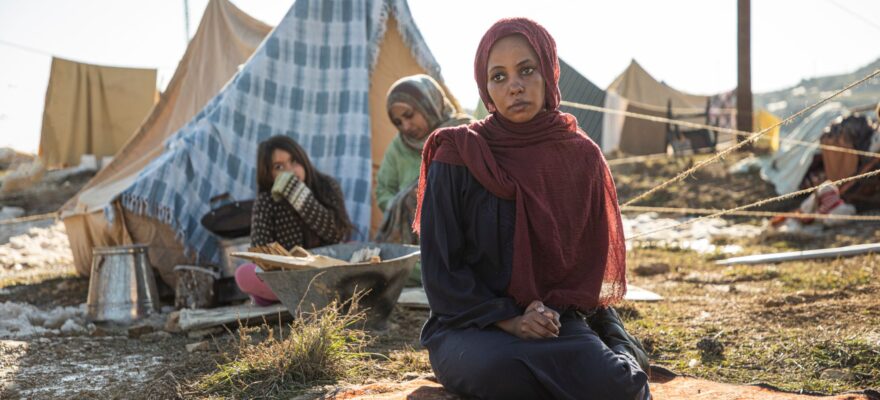
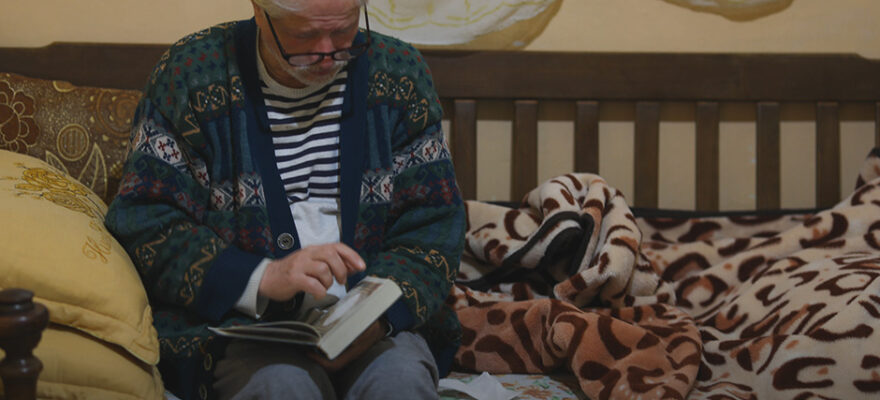
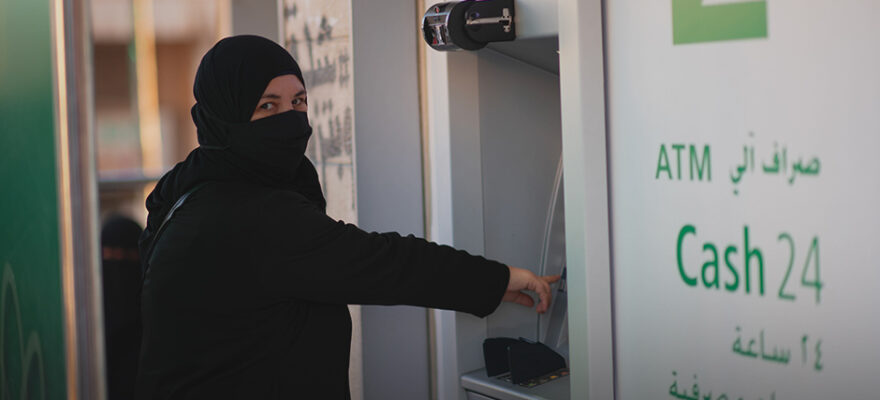
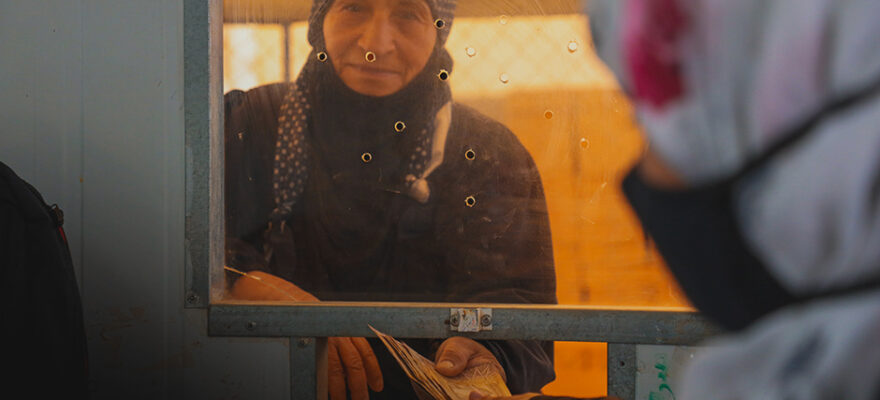
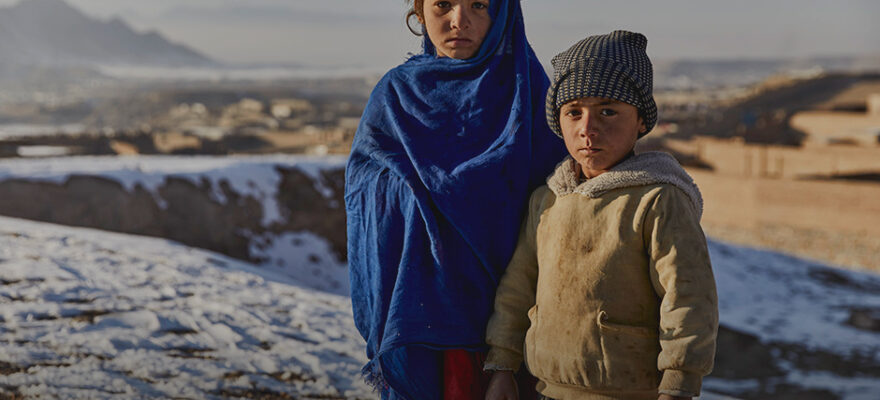
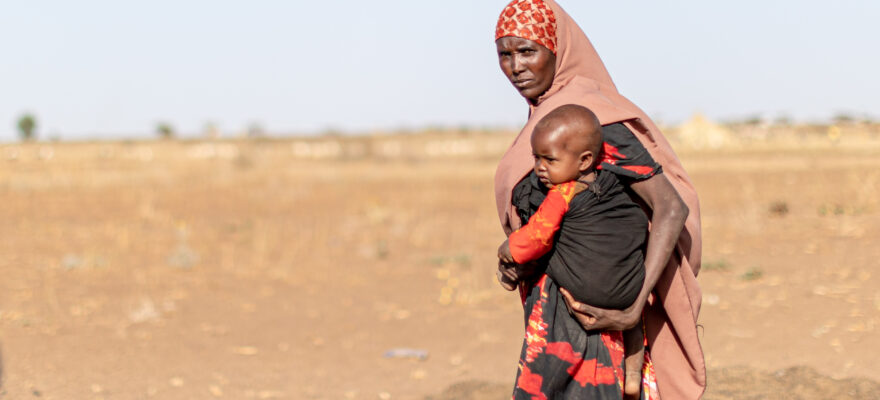




Social Profiles